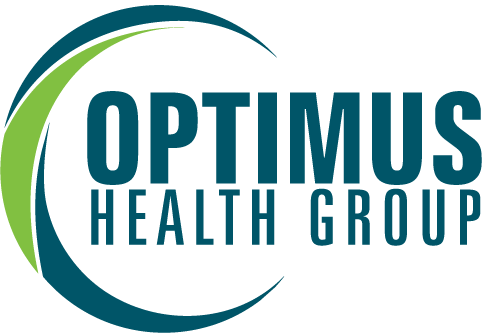Our team of physios in Richmond are seeing an increase in back pain presentations since the COVID lockdown!
Spinal Health Week raises awareness for the importance of spinal health, which can have a huge impact on improving our overall health and wellbeing. At some point in your life it’s likely you will experience back pain.
Let’s talk about the Spine
An interconnected system of bones, nerves, muscles, tendons and ligaments – your spine is central in how the body operates. With 31 segments, your head at the top, your pelvis at the bottom, the spine is immensely pivotal in normal human functioning. It is involved in everything we do! This week is Spinal Health week and we would like to share with you what we are currently seeing in our clinic and how we can best help you to optimise the functioning of your spine and in turn help to improve your overall health!
The spine continues to be a major cause of grief for individuals. The Australian Institute of Health and Welfare reports the following:
• Over 4 million people reported significant back problems in 2017-2018
• Back problems are the 2nd leading cause of disease burden in Australia
• 86% of the population will experience pain at least once per week.
During this unprecedented time of COVID, self isolation and social distancing, we have seen varied presentations of spinal pain.
These include:
postural related injuries
osteoarthritis flare-ups,
disc degeneration,
neural compromise
and many more…
What can cause back pain?
There are so many factors that contribute to these presentations. Age, physical fitness, weight, type of work are a short list of things that can influence an individual’s spinal pain. What we see clinically is that most people who present with spine-related pain have a significant inability to function. Whether it is getting a good night sleep, applying themselves to work or study, exercising or simply doing daily chores, spinal related problems have a significant effect on our day to day lives.
A little insider tip for you – your spine is a robust structure of your body. If you really think about it, if it is involved in everything we do then surely it is built to withstand quite a bit of stress. The key is figuring out what we need to do to build this robustness. To put it simply we may need to work on one (or a combination of the following):
• How can we get you managing your pain better so your day to day activities are not severely affected?
• Can we get you moving better so you can actually do the things you want to do?
• Do you have enough strength and stability in key muscles and joints so that your movements are optimal and not placing too much strain on your spine.
Whether it is one on one physiotherapy, group rehab sessions incorporating clinical pilates or strength and conditioning principles, we are here to support your overall spinal health and ensure you can continue to function to the best of your ability. If you are experiencing back pain and you think it’s your spine, book in to see one of our team members here
KP is the Head Physio at Harlequins Rugby Club, Scotch College Rugby and the Physiotherapist for the Melbourne Rebels Under 18’s.
KP treats a wide range of conditions and is incredibly passionate about helping people understand why they are experiencing pain and how to overcome it.
KP has a special interest in tendon conditions.
In his spare time KP enjoys coaching basketball!










